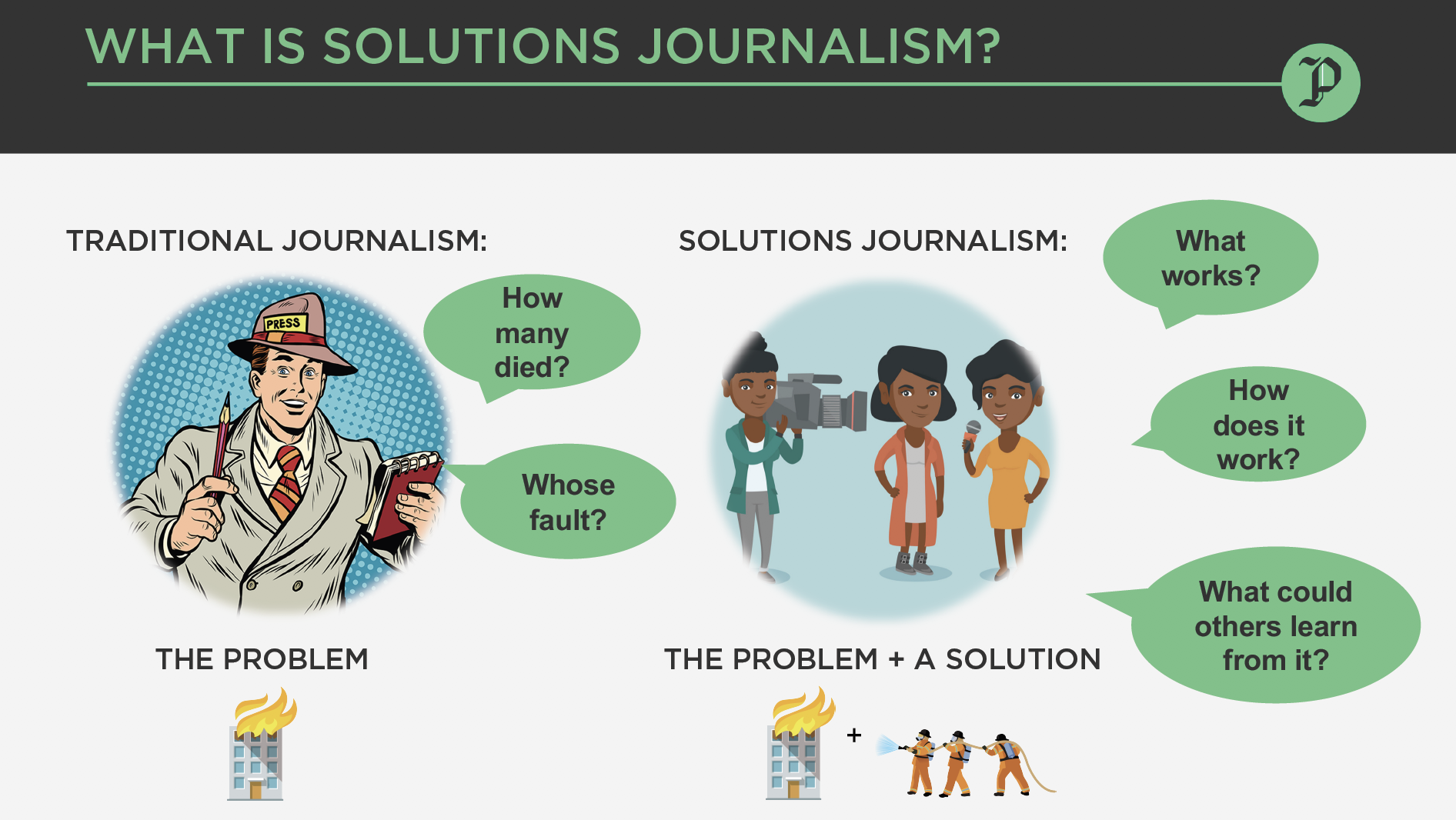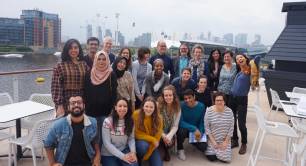Creating their own solutions: Young people in Greece, Croatia and Cyprus tackle unemployment through the social economy
Youth unemployment is a growing problem in Greece, Croatia and Cyprus – but global experience shows social economy organisations can create new jobs at the same time as tackling big social problems. The COOPower project is inspiring young people to create their own social enterprises and co-operatives, at the same time as supporting early career journalists to highlight the power of the social economy to create positive change.
Young journalists in Greece, Croatia and Cyprus will take on their first assignments this autumn to spread the word about the potential of co-operatives and social enterprises in their countries to tackle youth unemployment.
Their role is part of a new project called COOPower, run by the British Council. This aims to increase the role of the social economies in these countries in tackling youth unemployment by helping young people to develop innovative ideas, improve their skills and connect with key stakeholders in their social economies.
The project is run in partnership with the general secretariat for education in the Hellenic Ministry of Education and Religious Affairs, and Step Ri, the Science and Technology Park of Croatia’s University of Rijeka. It is co-funded by the European Union.
Increasingly, it is being recognised that ‘business as usual’ cannot address major contemporary challenges
The main part of COOPower is focused upon eight ‘COOPAthons’ – weekend competitions in Greece, Croatia and Cyprus which, over the next few months, will bring together hundreds of young people to develop ideas for social enterprises and co-operatives, practise team-building and learn new skills.
The 12 COOPower Young Journalists – four from each of the three countries – will join and report upon the COOPAthons. They will also report more widely upon the social economies in their countries over the coming months. Their role, explained Marilena Kyriakou, education and society manager for the British Council in Cyprus, is to be the “main voice” of COOPower.
Maria Nomikou, the British Council’s Europe sector lead on youth, skills and inclusive communities, said: “The financial crisis in this part of Europe, Covid-19, climate change, the refugee crisis and increasing inequality have all lead to a profound questioning of conventional growth and development strategies and economic systems. Increasingly, it is being recognised that ‘business as usual’ cannot address major contemporary challenges.”
She added that this meant that there was a clear need to promote forms of economic activity that “balance economic, social and environmental objectives” and that the British Council’s strategy in the EU aimed to promote social enterprise and the social economy as “an alternative pathway for young people and to support them to act as vehicles for change”.
Intense training in preparation for COOPower
The journalists went through a competitive selection process to join the COOPower project and, while their professional experience ranged widely from those who had completed a few freelance commissions to practising communications professionals, the 12 successful entrants demonstrated a commitment to reporting upon social issues, fluent English and an enthusiasm to learn more about their own social economies.
They prepared for their role in the COOPower project by taking part in a training course run by Pioneers Post during September and October. The training aimed to develop specific skills for this particular project, including learning about social economies across the world, and how to carry out successful interviews with social entrepreneurs as well as vulnerable people. Pioneers Post editors Anna Patton and Julie Pybus ran this part of the training.

Some of the young journalists in training with Pioneers Post
The young journalists also got the opportunity to develop their skills as mobile journalists, using their own smartphones to record and edit footage. The trainer for these sessions, along with a further session on social media, was broadcast journalist and videographer Caroline Scott.
A fundamental part of the training focused upon “solutions journalism” – the approach that the Pioneers Post team takes to reporting which emphasises explaining how social problems can be tackled in addition to highlighting the problems themselves, with the aim of inspiring others to take their own action.

Pioneers Post's trainers explained the 'solutions journalism' approach to the trainees
The journalists also had the opportunity to join a session of their choice at the Social Enterprise World Forum 2020, thanks to bursary places provided by the event organisers.
Anna Patton, Pioneers Post’s managing editor, said: “We really enjoyed working with the young journalists, and managed to pack a lot into just six sessions,” she said.
“In our discussions it became clear that the members of the group are all really motivated to address complex social issues, such as refugee rights, and committed to telling stories that bring these issues and their possible solutions to light.”
Patton added that she was looking forward to seeing the project develop. “Our short training was just the beginning. I can’t wait to see how each of the participants go on to cover the social economy later this year.”
COOPower will conclude in summer 2021 with a social enterprise study visit to the UK for some of the best COOPower Young Journalists as well as for the winning teams of the country finals.
Kyriakou said: “We are looking forward to seeing the first series of COOPAthons take place and to start disseminating the project more widely with the help of the team of young journalists.”
COOPAthon 1, Croatia, 23-25 October 2020Seven teams of young people competed in the first COOPAthon which took place via Zoom and Slack in Croatia from 23 to 25 October. Each team worked together to develop an enterprising response to a challenge within one of the UN Sustainable Development Goals. The winning team proposed the creation of a Reuse Design Centre, linked with UN Sustainable Development Goal 12, ‘responsible consumption and production’. This centre, they said, would link together people who deal with potentially useful reused items with those who could make use of them. Other ideas included an app for primary school children with learning disabilities, support for young people who leave state care at 18 and a virtual babysitter bringing together children learning remotely during the pandemic with elderly people in care homes who are currently prevented from having visitors. |
Header photo shows young people involved in social economies around the world. Clockwise left to right: Students in Greece take part in a social enterprise idea competition; Regina Honu works with trainees at Tech Needs Girls in Ghana; ConnectHear is a Pakistan social enterprise founded by a 20-year-old student; Addis Ababa’s Tebita Ambulance trains young people to become paramedics; Tizzita Mengashera, CEO and co-founder of Ethiopia’s Maisha Technologies, a social enterprise which developed Africa’s first domestically-produced drones to transport blood and medications.




